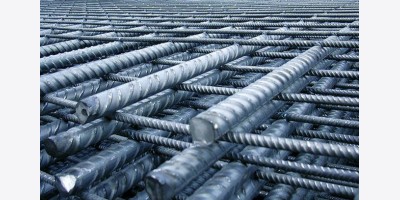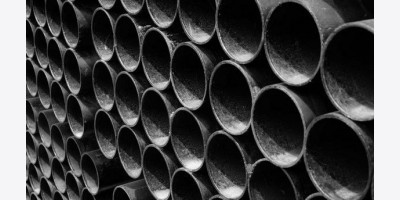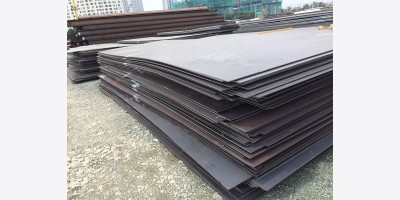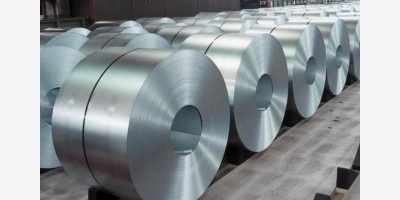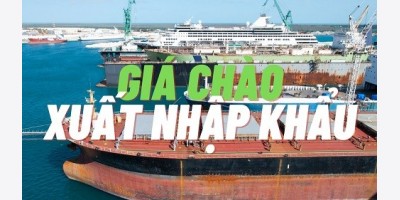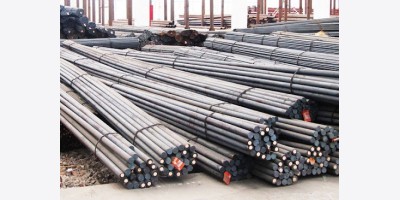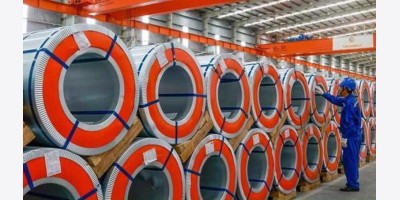| | ||
| Posco says it welcomes Monday’s decision of environment minister Jairam Ramesh to give approval for its 12m tonnes/year integrated steel complex to proceed. | ||
| The reference price for 62% Fe iron ore fines ended January 9% higher than a month earlier, according to The Steel Index (TSI). The end-January price of $185.60/dry metric tonne CFR Tianjin port, China was $0.60/dmt higher than a week ago and $15.50/dmt above the price at the end of December. It was just below the twelve-month high of $186.50/dmt.. | ||
|
| ||
|
| ||
|
| ||
|
| ||
| Chinese domestic hot rolled coil inventory in Shanghai and Guangdong’s Lecong steel market continued to decrease over the week of 24-28 January. Due to mills’ maintenance work, the HRC inventory is likely to continue declines into February, and thus help HRC prices rise further when traders resume business after the Chinese New Year holidays (2-8 February).
| |||||||||||||||||||||||||||
| Posco says it has not changed its domestic prices, but admits to tweaking the frequency of its announcements to guard against speculation. | ||
| Indian steelmaker JSW Steel has announced plans to build a new 2.3m tonnes/year cold rolling mill complex at its Vijayanagar works in the southern state of Karnataka, | ||
| Major Chinese seamless pipe maker, Baotou Iron & Steel Group (Baotou), located in northern China’s Inner Mongolia, began the initial testing of its 100mm seamless pipe plant earlier this month. The plant is located at its subsidiary Baogang Northwest Chuangye and has an annual capacity of 100,000 tonnes/year. | ||
| China’s welded pipe exports increased by 6.5% year-on-year in 2010. Customs data show welded pipe exports rose 14% in the fourth quarter (Q4) from Q3 in 2010, due to the improvement in new orders after the end of Beijing’s energy-saving campaign.
| |||||||||||||||||||||||||||||||||||||||
| Apparent steel demand in Thailand is forecast to grow by 9%-14% in 2011, according to the Iron & Steel Institute of Thailand (Isit). This is equivalent to 15.27–15.97m tonnes of finished steel products, an Isit official tells
| |||||||||||||||||||||||||||||||||||||||||||||
| In the second ten days of January, China’s crude steel output dropped slightly to 16.95m tonnes or around 1.7m tonnes/day, down 980,000 t or 5% from the first ten day’s 17.94m t, according to the estimate by the China Iron & Steel Association (CISA) on the output of its member mills during the period. | ||
|
| ||
| |||||||||||||||||||||||||||||||||
|
| ||
|
| ||
| ||||||||||||||||||||||||||||||||||||||||||||||||||||
| | |||||||||||||||||||||||||||||||||
| Turkish stainless steel coil imports reached 300,000 tonnes in the first eleven months of last year, more than the total for the whole of 2009. Far Eastern mills continued to dominate the country’s imports,
| |||||||||||||||||||||||||||||||||
| The price for ferro-molybdenum in Europe has moved up as the market readies for an expected slowdown during the Chinese New Year, trading sources tell | ||
| BE Group is expanding the processing capacity of its Lahti plant in Finland, the steel stockholding company tells | ||
| The construction sector in Italy is continuing to struggle, | ||
|
| ||
|
| ||
|
| ||
|
| ||
| Production at two major midwestern US flats mills has been affected due to a disruption in the supply of industrial gases from a key vendor. | ||
| Despite continuing tepid demand from the US construction sector, the top executive of a major US wire producer says recent price hikes on rod are likely to stick. | ||
| LB Foster Co of the US received a contract from Cedar Rapids and Iowa City Railway to provide approximately 1,000 short tons of 115 standard rail for the upgrade of track, and for the construction of a new 10,000-foot siding for a unit train interchange, the company announced yesterday. | ||
| ArcelorMittal and SunCoke Energy have settled a dispute over the price of coke for ArcelorMittal’s Cleveland and Indiana Harbor facilities, | ||
|
| ||
| US could review a variety of steel duties | |||||||||||||||||||||||||||||||||||||||||||||||||||||
Interested parties have until the end of February to request annual administrative reviews with the US Department of Commerce of the antidumping and countervailing duties on a variety of steel products (see chart for current duties). | |||||||||||||||||||||||||||||||||||||||||||||||||||||
| | ||
|
| ||
| Brazilian steelmaker Usiminas won another public bid to supply plate to the country's state-owned logistics company, Transpetro. | ||
| | ||
| Shareholders of Brazilian steelmaker CSN approved a proposal to incorporate its longs subsidiary, CSN Aços Longos, | ||
| Prices for Honduran rebar are set to rise by around 15% due to increasing pressure from high billet costs, much to the dismay of the local construction sector which sees this as a threat to house pricing. | ||
| | ||
|
| ||
|
| ||
|
| ||
| New Iraq rebar plant will have 1m t/y capacity | ||
|
| ||
| | ||
| The latest reference prices released by The Steel Index (TSI) show that all coil and plate prices in Europe have moved strongly upwards from last week’s levels. Turkish coil prices also increased sharply, with HRC rising 4% to $787/tonne ex-works. | ||
| China is expected to lead global stainless production with output of 14.2m tonnes and growth of 15.4% in 2011, up from an estimated 12.3m t in 2010, according to a Macquarie Commodities Research report seen bySteel Business Briefing.
| |||||||||||||||||||||||||||||||||||||||||||||||||||||||



